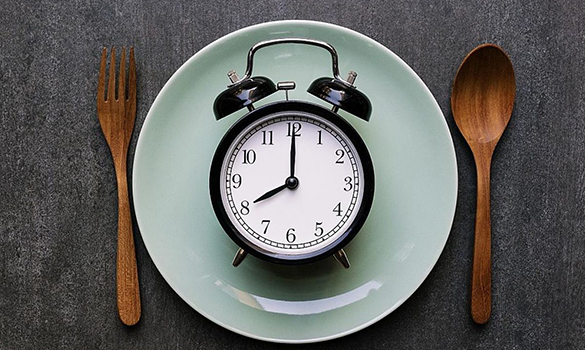Intermittent fast for weight loss: This is the best way to break your fast every day
01. How to break your intermittent fast
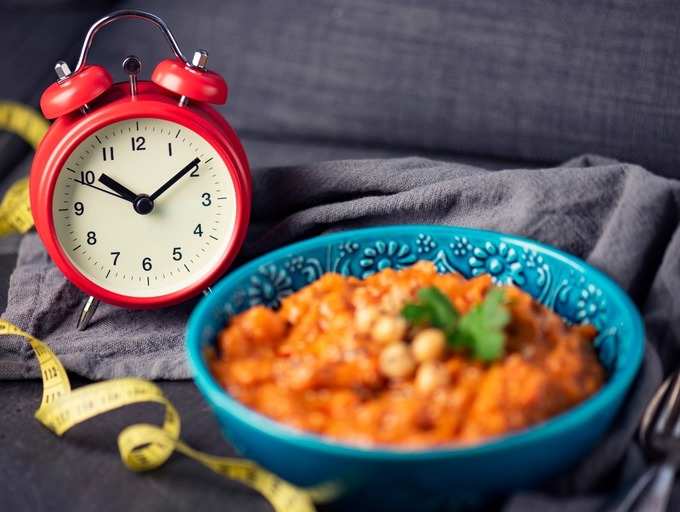
A scientifically proven way to lose weight, intermittent fasting can be really helpful if you do it the right way. Instead of eliminating food groups from your diet, the lifestyle diet works on timing your meals. But like most people, do not make the mistake of considerng it as a diet allows you to over indulge and satisfy all your unhealthy cravings during the eating window.
02. Follow intermittent fasting the right way to lose weight
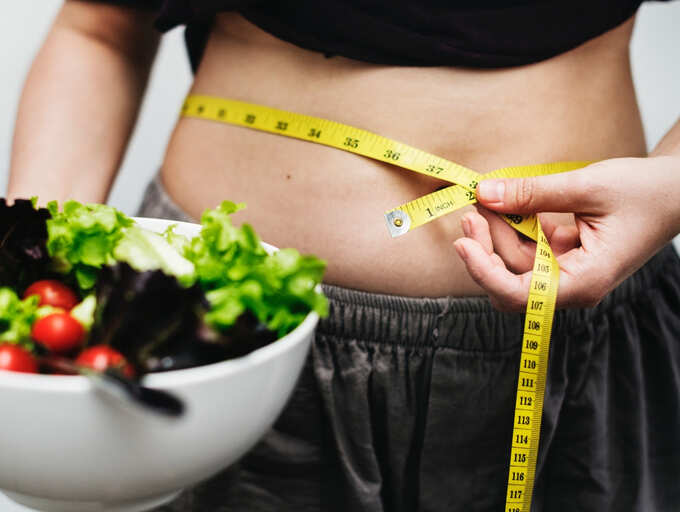
While a lot of people feel intermittent fasting is one of the easier diet plans to follow, to get the most from it, it is important to break your fast in the right manner.
Some nutritional experts also believe that the food you eat while breaking your fast holds the key to sabotage or amplify your weight loss and it becomes all the more crucial if your fasting window is longer than 20 hours. Remember, you have a smaller eating window, so eating wisely should be the key.
03. What does a healthy meal post intermittent fasting look like?
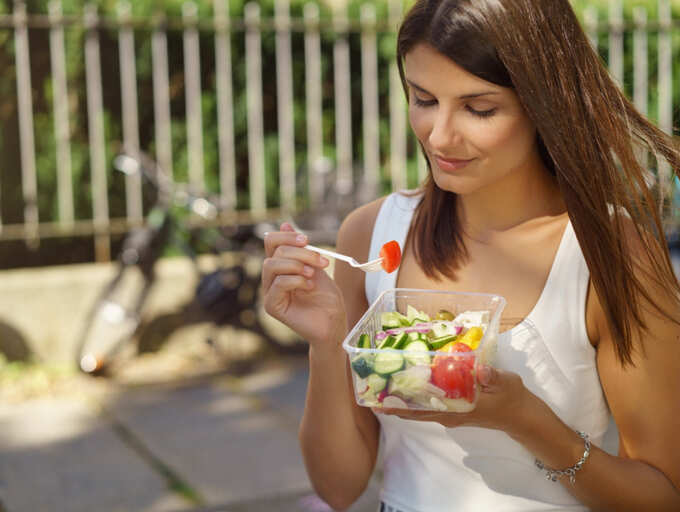
A healthy first meal of the day should ideally include something from all food groups- some form of protein, whole grains, nuts, good fats or leafy greens. Keep moderation in mind and eat a small portion; do not go overboard. Staying hydrated is another key element, which will ensure your body’s digestion works better.
Whatever time gap you are following while Intermittent fasting, here are some general recommendations which work the best:
04. Start with easily digested and hydrated foods
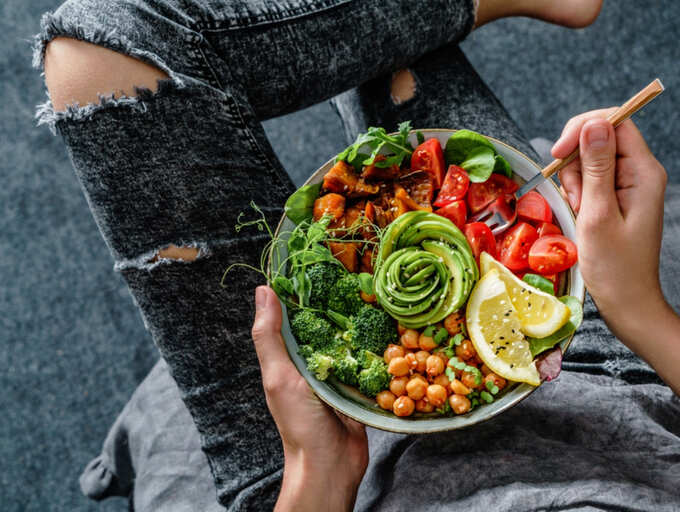
Having good water intake (3.5 to 5 liters) is one of the ways to ensure that your diet is well-balanced and maintained. Make sure you drink plenty of water throughout the day. The first meal post your fast should be small and easily digested by the body. Having something nourishing with good water content, such as cucumber or tomatoes, or hydrating fruits are a good option.
05. Fresh fruits, juices and smoothies can be a good option too
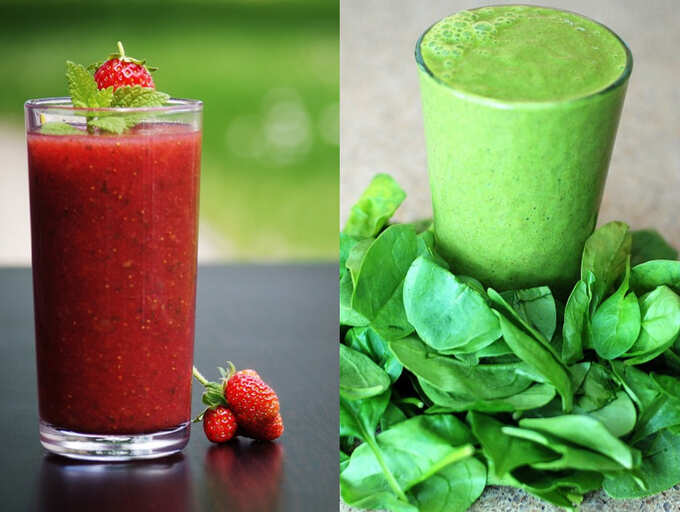
You can also have something like fresh fruit juices, smoothies which do not expend much energy and provide easy nourishment. Consuming freshly prepared and anti-inflammatory drink like turmeric milk is also a good option.
If you are running short of time, having overnight oats can also help fill you and not overwhelm your digestive system.
06. Nuts and seeds make for a filling snack
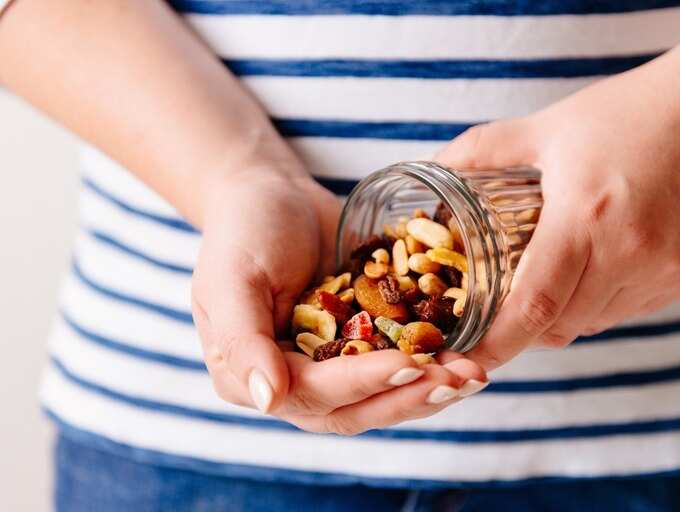
A handful of nuts along with a glass of water can also make for an excellent meal. They are also super healthy, so a mix of trail nuts and seeds can provide plenty of nutrition.
07. Include some form of a probiotic
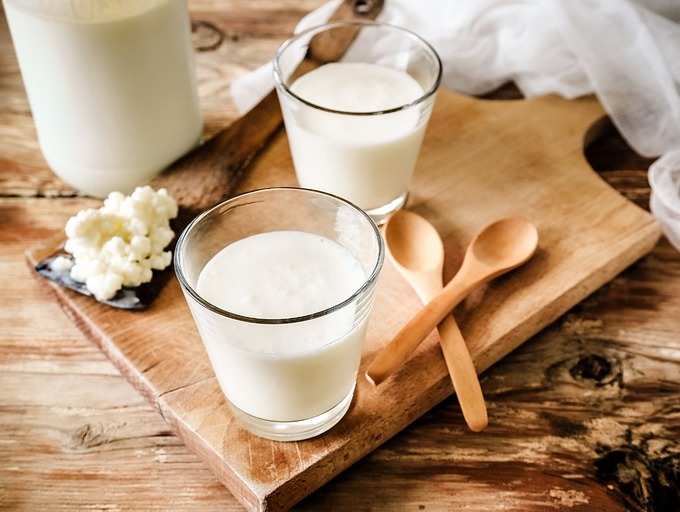
Your gut needs to ‘restart’ post a long fasting stretch. Probiotics, which are good for smoothening your digestion (and boost immunity too) should also be included in some form or the other. Yoghurt, kefir or fermented grains can be helpful.
08. Avoid carb-loaded or sugary meals
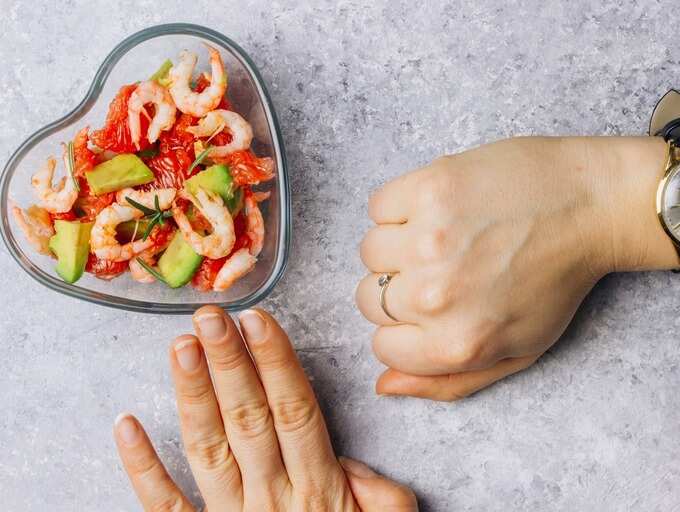
Anything heavy, be it high carb or high sugar should be avoided when you break your fast. They should instead be slowly reintroduced into the system. Something super high on sugar can disrupt glucose readings.
09. Skip out processed foods
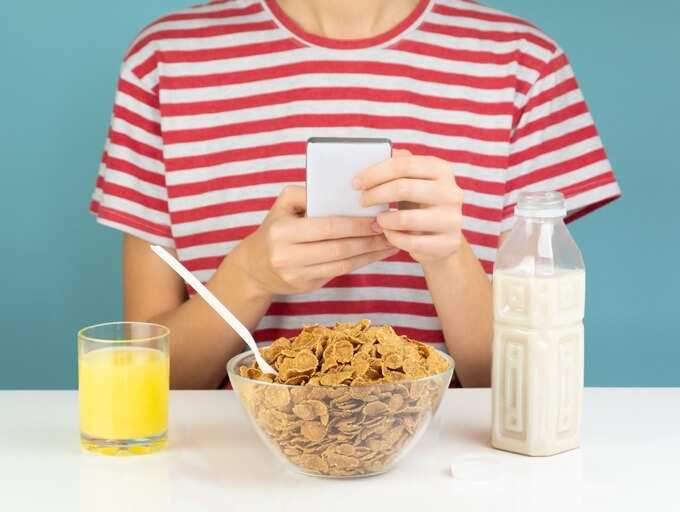
Anything processed like packaged foods, chips or ready to eat meals should be largely avoided too. A lot of these meals contain trans fats, refined flour or sugar and other added chemicals which can crash your digestive system. They can also be too heavy on the system and a little difficult to digest. Some also consider meat a big no-no.
10. What to have when you are having an extended fast?
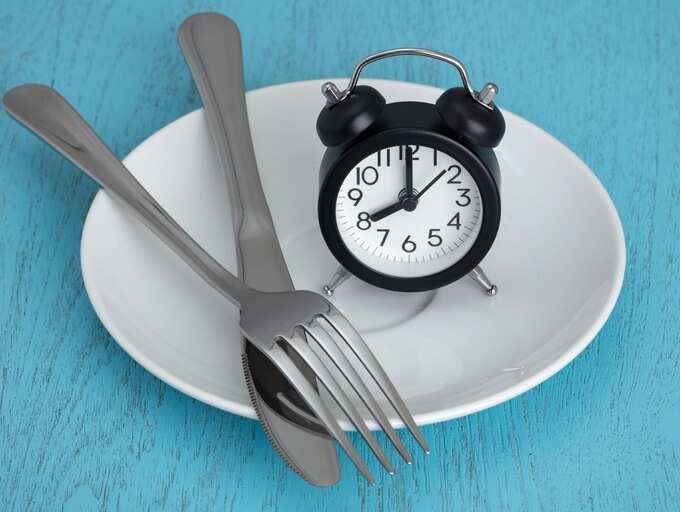
An extended fast often requires you to go without eating for more than 24 hours. Some extreme versions, such a water fasting go on for longer hours and this non-eating pattern can end up confusing the body. It can also cause GI discomfort. So, when you do eat, you need to be all the more careful-from the portion size to what you eat.
11. Have something easy to digest

Limit your first meal to something basic, easy and digestible. Something like a bowl of soup is a good option. Avoid anything that has excess carb, sugar or is harder to digest by the body. Having a smaller portion size is also advisable. This will reduce digestive and blood-sugar stress in the body. Bone-broth, cooked veggies (in concentrated portions) are also good
